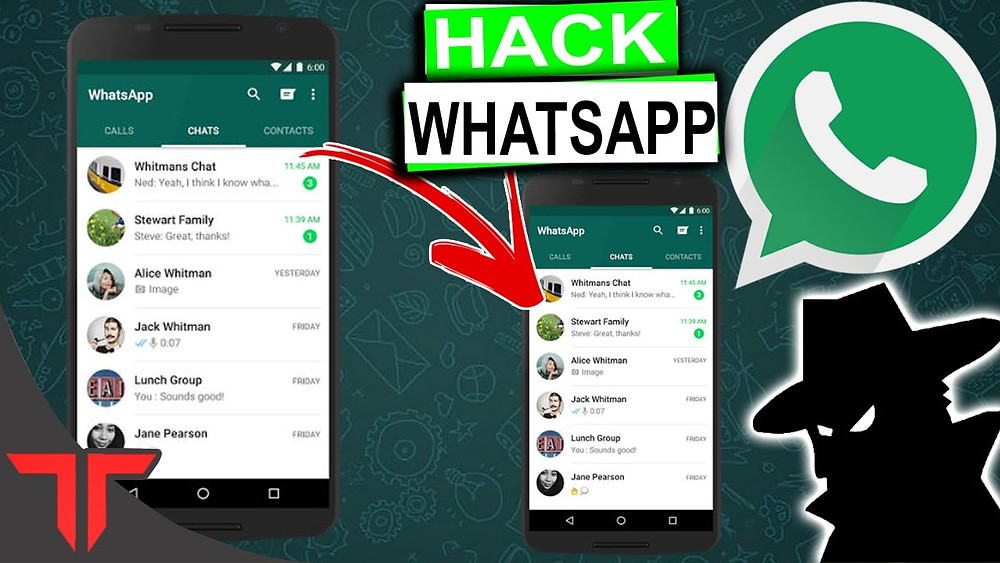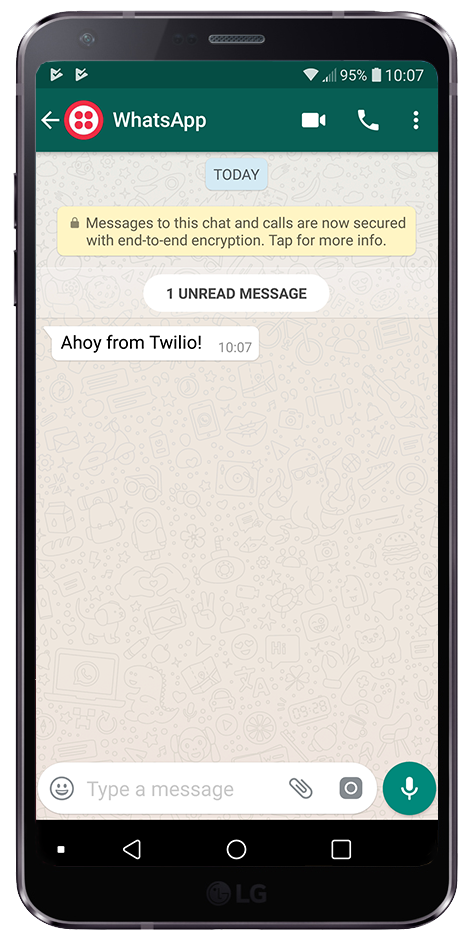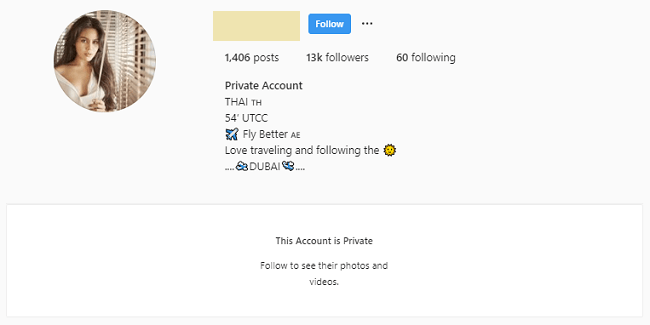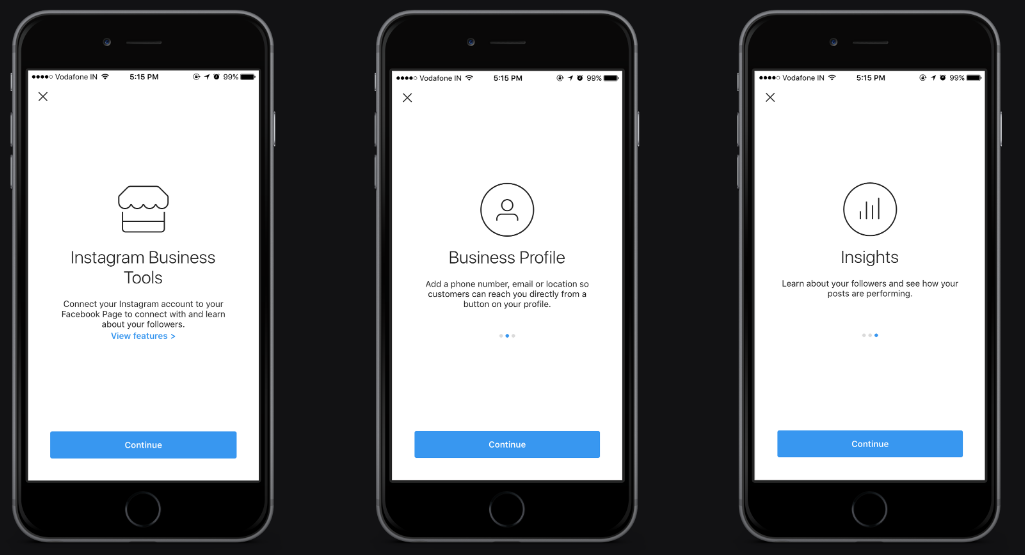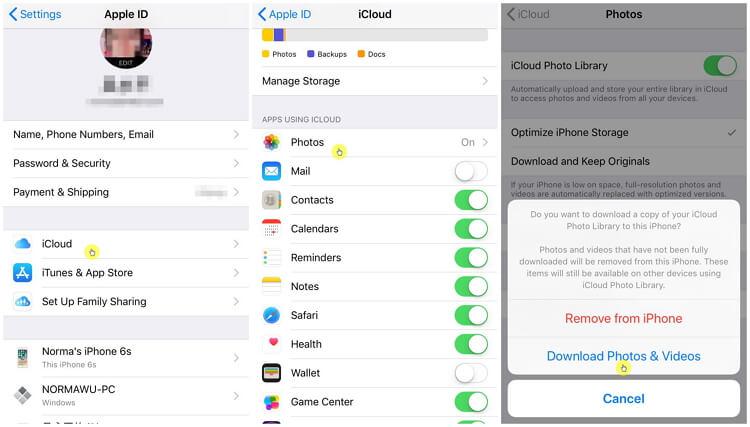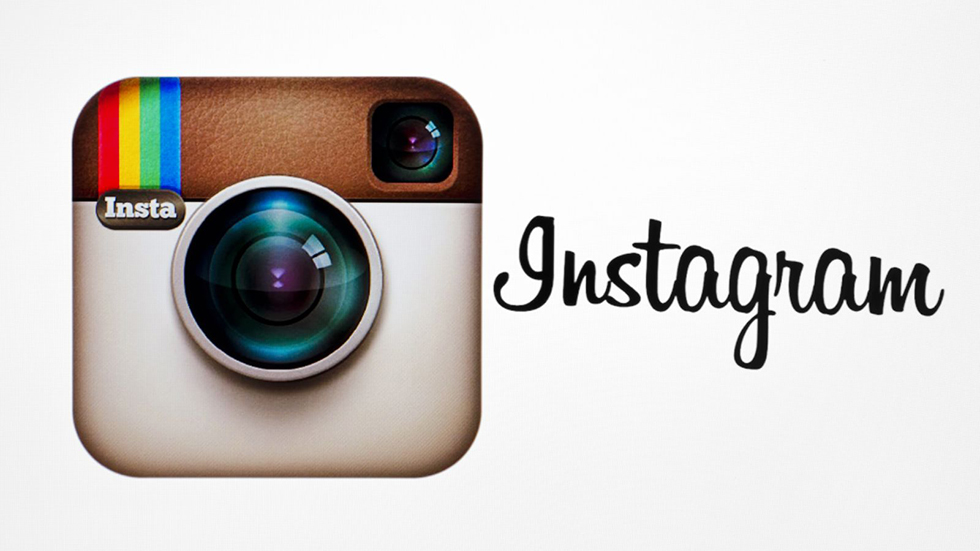How do you know if your whatsapp is hacked
How to Check if Someone Else is Using Your WhatsApp Account
Like many other online applications, WhatsApp does its best to keep its users’ data private and secure. The platform is relatively safe with features such as one login at a time and two-factor authentication.
But, like anything connected to the internet, there are security vulnerabilities that nefarious individuals are all too happy to explore. Due to the nature of WhatsApp, it’s essential to act fast if you think your account got breached.
This article will teach you how to spot suspicious activity on WhatsApp and teach you how to secure your account. Let’s dive in!
1. Sign in to Your WhatsApp Account
To better understand how WhatsApp security works, we’ll first walk you through logging into your account. WhatsApp provides two ways to access; online and via iOS WhatsApp Messenger or the Android WhatsApp app.
Using WhatsApp’s web version makes it a lot easier to type, as you can do it on a keyboard rather than tapping on your phone screen. However, you have to start with your mobile device.
- Open a WhatsApp Web session on your tablet or phone by tapping the vertical ellipsis (three vertical dots) menu icon in the main WhatsApp window.
- Select WhatsApp Web. This opens your camera to use on the next step.
- You will be directed to scan a QR code, which you can get by opening WhatsApp Web in your browser.
- Open WhatsApp Web using a browser on your PC.
- Scan the QR code in the browser window using your device’s camera.
You can now type messages using your PC’s keyboard, and your WhatsApp window on your phone should match what you see in the browser, allowing you to chat and interact as usual.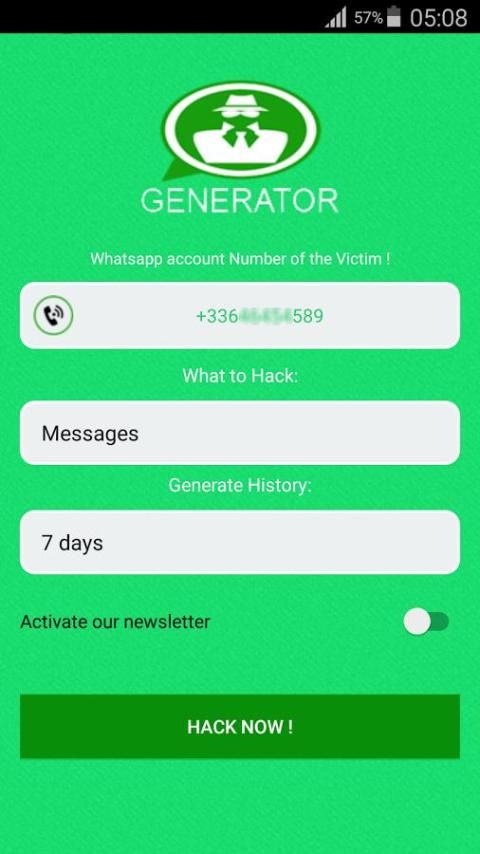
2. Check if Someone is Using Your WhatsApp Account
WhatsApp is relatively easy to use. Unfortunately, it can be challenging to spot an interloper if they aren’t interacting with the application. This scenario would most likely be someone who only wants to eavesdrop on your conversations, but some hackers also want to take over your account.
Regardless of their intentions, we will use this section to educate you on some warning signs that someone is in your account.
- Check Your WhatsApp Activity. When you open WhatsApp, you’ll first see a list of messages. Review this list for any messages you didn’t send or received from people you don’t know.
- Check your contact information. If the interloper tries to hijack your account, they’ll start changing your contact information. On mobile, tap on the vertical ellipsis (three vertical dots) in the upper right-hand corner.
- Tap Settings.

- Select your profile at the top of the menu.
- Review the information and verify that it is accurate and up-to-date.
- If anything changed, or there is information that you do not recognize, you’ll need to secure your account. Follow the steps in the next section on using two-step verification.
- Check for Messages from WhatsApp. Search your messages by typing WhatsApp in the search bar at the top on iPhone or using the magnifying glass on Android. Look for messages about account changes or access.
- Check for New Friends. Review your contacts on WhatsApp by opening the app and tapping on the Chat icon in the lower right-hand corner. Confirm that no new, unknown friends have appeared on the list.
- Check the latest chat sessions. View the last session or any open session by tapping the vertical ellipsis (three vertical dots) menu icon.
- Select Linked devices.

- Review the Last active… list for any unknown devices.
- If you find an unknown device, tap it and select Log Out.
Unlike other services, the steps above are the only way to see your WhatsApp login activity.
Securing Your WhatsApp Account
If you find that someone else is using your account, it’s time to secure it. Keep in mind that if any of the situations mentioned above are present, you’ll need to act quickly.
How to Enable Two-Factor Authentication in WhatsApp
If someone has been using your WhatsApp account, you need to lock it down. If you’re lucky, it’s a sibling or partner spying on what you’re doing. If you’re not so fortunate, it could be a hacker stealing your contacts and data and wreaking havoc with your social life. Either way, you need to lock it down by turning on two-factor authentication.
WhatsApp doesn’t use passwords. Instead, you need to enable two-factor authentication. That way, anyone trying to log in must enter a verification code.
That way, anyone trying to log in must enter a verification code.
- Open WhatsApp and select the vertical ellipsis (three vertical dots) menu icon from the main window.
- Select Settings and then Account.
- Choose Two-step verification, then tap on Enable.
- Type a 6-digit PIN code, then tap on Next.
Once set, you need to enter that PIN code to authenticate every time you open WhatsApp. Make sure the PIN isn’t something obvious that others could choose. After completing the above steps, you have secured your WhatsApp account even further.
WhatsApp is a very secure app but is only as safe as you keep it. Using two-factor authentication is a viable way to lock down your account if someone has been accessing it.
WhatsApp Hacked FAQs
What can I do if I’ve lost access to my WhatsApp account?
Chances are that a hacker has taken over your account.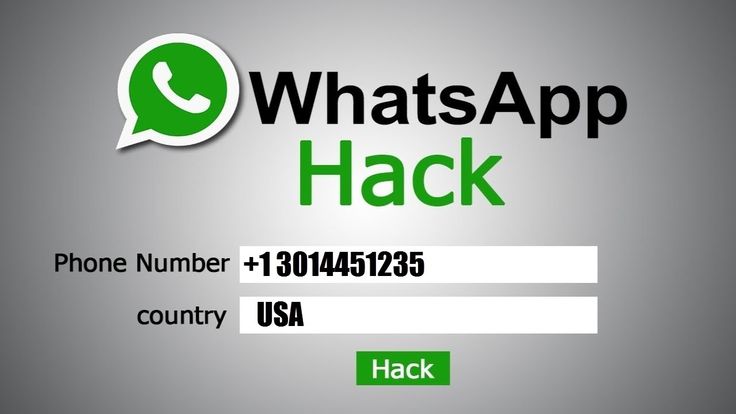 When this happens, you can’t log in, and all of your account information is in the hands of the hacker. Getting your account back can be complicated. Fortunately, you can still reclaim your WhatsApp account.
When this happens, you can’t log in, and all of your account information is in the hands of the hacker. Getting your account back can be complicated. Fortunately, you can still reclaim your WhatsApp account.
I received a text verification code from WhatsApp. Does that mean someone is using my account?
One of the more notorious ways someone can gain access to your WhatsApp account is by obtaining the text verification code. If WhatsApp sends you a text verification code that you didn’t envoke, it’s best to ignore it.
You may even receive multiple codes back to back. However, WhatsApp will only send so many verification codes within a specific period. Afterward, the app will lock you out if you log out.
When WhatsApp Gets Hacked, Here’s What To Do
WhatsApp is one of the most popular messaging applications around. What made it so famous was that it was the first mobile app to offer free messaging. It has even overshadowed SMS, as the user doesn’t have to worry about character count anymore. They can type 15 characters or 500 without concerns of split messages. The limit is actually over 65,000 characters, so there is no need to worry there.
They can type 15 characters or 500 without concerns of split messages. The limit is actually over 65,000 characters, so there is no need to worry there.
Another thing the users don’t have to worry about is the username. WhatsApp doesn’t need it. It connects to your cellphone number, so you’ll appear to the other users under the same name they assigned you in their contacts list.
Unfortunately, hackers can infiltrate your WhatsApp account. When this happens, you may wonder what you can do to get your account back and secure it to prevent future issues. This article explains what to do if your account becomes compromised and helps you protect it in the future.
How to Tell if Your Account is Compromised
One of the key indicators that your WhatsApp account is compromised is seeing contacts that aren’t yours. WhatsApp is so intuitive that it will add your contacts when you log in on a new device. Another sign is, of course, messages that you didn’t send. If you open WhatsApp and see suspicious messages, someone is likely using your account.
Another tell-tale sign of a compromised WhatsApp account is odd communications from the company. For example, you may have received an email about a change on your account. If you’ve received something like this, it’s a good idea to take action immediately.
Lastly, the company may have gotten hacked. This situation is usually a wide-scale attack that compromises users’ data. Unfortunately, there isn’t a great way to detect this type of activity. Regardless, WhatsApp will send you notifications that your account may have gotten compromised.
For more information, here’s how to recognize suspicious activity on WhatsApp.
What To Do If Your WhatsApp Account gets Hacked
Now that you’ve discovered ways to figure out if your account got hacked, it’s time to learn how to take action. Remember, you’ll want to act quickly to protect your private information and regain control of your account.
Notify Your Contacts
One of the newer scams is hackers asking for a verification code while pretending to be your contact. Due to the nature of WhatsApp’s security features, all you need is a phone number and verification code to log in.
Due to the nature of WhatsApp’s security features, all you need is a phone number and verification code to log in.
When someone compromises your WhatsApp account, they can send messages to your contacts stating that the company sent a verification code and then gain access to their account. That’s why one of the first things you’ll want to do is send a message to your friends and family, letting them know that you’ve lost access to your account. This action prevents further exploitation of your account and others.
Another reason you’ll want to let your contacts know you have no access to your WhatsApp account is that they may fish for your personal information. From your banking number to your email address, hackers will cleverly attempt to gain as much access to your personal information as possible.
Don’t Logout and Log Back In If You’re Receiving Verification Codes
While this may seem a little odd, one of the methods hackers are using is verification codes to lock you out so they can gain access.
If you receive multiple WhatsApp texts with verification codes, it’s best to ignore them. Continue to use your WhatsApp account as you usually would.
Things to Know for the Future
Regardless of horror stories about hacking, you can prevent many hacker attacks from occurring in the first place. In most cases, people unknowingly give hackers access to their devices when they open an infected message or some other piece of content sent from a suspicious source.
If you ever receive a message from an unknown number or a suspicious link, be sure to avoid opening it. The same goes for app installations. You should block all installations from unknown sources. The Play Store has an option that allows you to do this.
The Play Store has an option that allows you to do this.
Public and unsecured networks are another thing you should use with care. Users should avoid public networks because they’re often unsafe.
If all else fails, it’s best to lock WhatsApp on your phone with an app locker or just deactivate your WhatsApp account.
Let Others Know
If you find out you’ve been hacked before someone asks you about strange activity from your account, be sure to tell them and post it on as many social networks as you possibly can. Also, don’t forget to report the issue to WhatsApp, as they will most likely help you take further action.
When all is said and done, you probably shouldn’t worry too much. In all likelihood, you aren’t the main target of these attacks, at least if you’re not giving away too much information on social media. Try to share less and just focus on the social aspect of these apps. Also, don’t forget to take preventive action, such as locking WhatsApp, just for the sake of security.
Hacked WhatsApp FAQs
Can a hacker see my messages?
No. According to WhatsApp, all messages are stored on your device and not in a cloud service. Even though messages get stored on your device, they are protected by end-to-end encryption. If someone does gain unlawful access to your account, they won’t see any of your previous conversations.
How do I know if my WhatsApp account got hacked?
First, check if your battery life has dropped significantly. If so, this may be a sign.
See if the amount of internet data used up by your phone has increased for seemingly no reason. If so, there’s a chance you got hacked, even if it’s with another app.
As you probably already know, your phone’s temperature increases if it’s under increased pressure. However, if you’re not using any large, resource-heavy apps, at least at the moment, and your phone heats up regardless, you should consider spyware the possible suspect.
What else can I do if my WhatsApp account gets hacked?
Besides notifying friends and family of the hack and staying logged in to WhatsApp when receiving activation codes, it is a good idea to disable WhatsApp Web.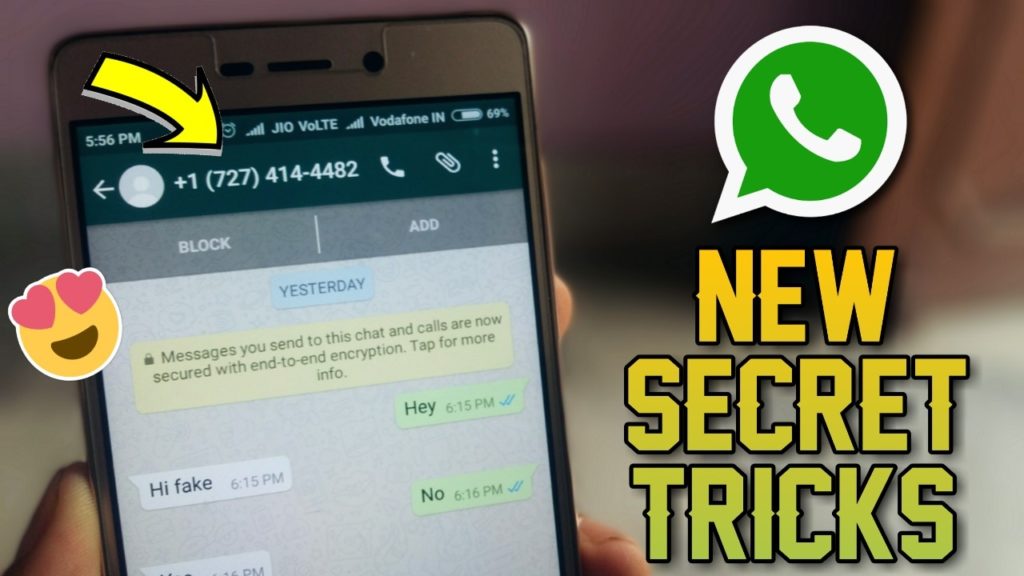
There’s an option labeled “Log out of all computers” that you should use. The feature also has a list of the devices where you last used your account so you can see if you don’t recognize any. The only problem with this method is that it gets based on the server you’re connected to, and VPNs also send the wrong location information. Regardless, location details can be a surefire sign of an unauthorized user in your account, mainly when you verify where you’ve logged in based on what your device sends in the way of information.
App lockers are an additional consideration, helping you lock any app on your smartphone. This way, hackers will have to unlock your phone before further attacking it. There are also lockers specifically intended for WhatsApp.
Last but not least, try enabling two-step verification in the Account settings for an additional layer of protection.
I need more help. Is there a phone number I can call to contact WhatsApp?
Perhaps you aren’t tech-savvy, or the hacker dealt a massive blow to your account. Unfortunately, WhatsApp does not have a phone number you can call (similar to many online platforms today). But, if you do need more help, use the WhatsApp Contact Us page to report any issues you’re having and receive assistance from the support team.
Unfortunately, WhatsApp does not have a phone number you can call (similar to many online platforms today). But, if you do need more help, use the WhatsApp Contact Us page to report any issues you’re having and receive assistance from the support team.
How to know if your WhatsApp has been hacked
Share
If you want to know if your WhatsApp account has been hacked, in this post we will tell you what signs you should be aware of.
WhatsApp has become much more than just a messaging app as it integrates many cool features such as translating texts from it. Because of this, people often share personal data, including 9 bank details0009 and other sensitive issues. For this reason, hackers have always been on the lookout for the purpose of taking over or hijacking user accounts in order to access this information.
If you are worried that your WhatsApp has been hacked, you should know that there are a number of signs that can notify you whether this has happened or not. For this reason, we have prepared this post in which we will tell you how to know that your account has been hacked. But that's not all, as we'll also explain what you can do in case this happens to get you back. And speaking of recovery, we'll show you how you can recover those messages you've deleted.
For this reason, we have prepared this post in which we will tell you how to know that your account has been hacked. But that's not all, as we'll also explain what you can do in case this happens to get you back. And speaking of recovery, we'll show you how you can recover those messages you've deleted.
Signs that your WhatsApp has been hacked
There are some signs that your WhatsApp account has been hacked
If your WhatsApp has been hacked, it is likely that some signs of appear to notify you of this, such as suddenly stopping work. So you can take action and try to repair it.
Next, we will tell you what are the most common signs that your WhatsApp account has been hacked. Be on the lookout!
Messages appear that you did not send
One of the first signs that someone else has your account is that messages appear in or group chats that you did not send. Obviously, this may be due to the fact that a colleague or friend took your mobile and sent the said message.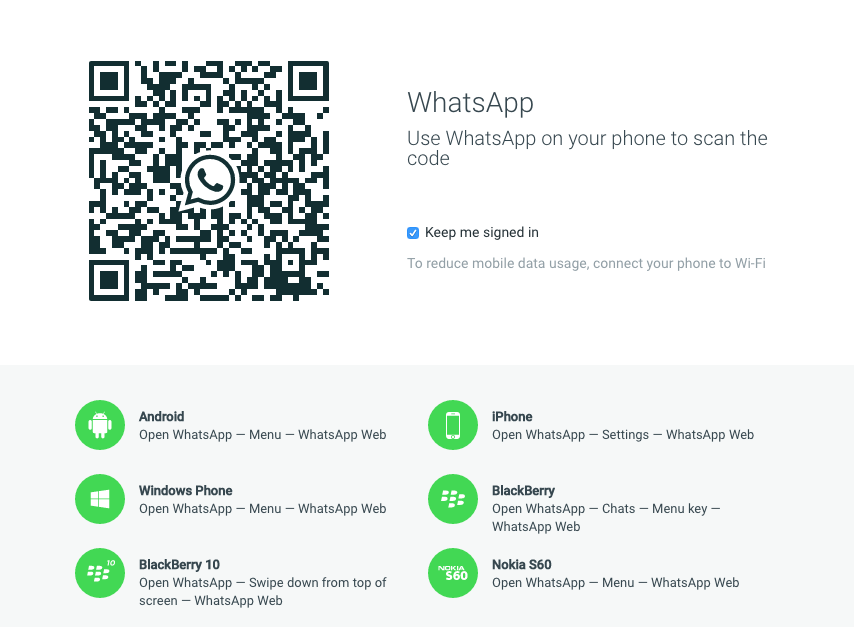
But if you are sure that this did not happen, then this is a clear warning sign, since, most likely, someone hacked into your account and once you have access, you will be able to freely create and send messages to all your contacts.
This is an alarming situation, as the person gaining access to your account can not only send any message to their contacts such as insults or links to malicious websites, but can also see your conversations and steal the information you shared with anyone.
Change of personal data
If one day you meet using WhatsApp normally and it occurs to you to change your avatar, then you go to the appropriate section only to realize that it has already been changed.
That's where you wonder when you changed it but if it wasn't you then it's a clear sign someone hacked into your account.
You should be aware of signs that your personal information has been changed, such as your name, description, or profile picture. The same refers to platform states Well, if new posts suddenly start appearing from your account, this is also another sign.
The same refers to platform states Well, if new posts suddenly start appearing from your account, this is also another sign.
You're getting confirmation codes
yep you're getting a text message with a WhatsApp verification code , but you didn't ask for it, it's more logical to think that someone is trying to log into your account.
It is important that you do not give this code to anyone. You should also be careful in case receive messages from anyone trying to impersonate the platform's customer support. Remember that WhatsApp will never ask users for this or any other personal information, so you should ignore such chats. phishing .
You appear "Online"
A clear sign that someone has unauthorized access to your account is if a friend or family member points out to you that you are "Online" what time -some time, but you know that you were unavailable at the time.
If this scenario occurs, you should be very careful and suspicious, as it is likely that someone has access to your account and you don't know anything about it. Then the best thing to do is to ask someone to give you a mobile phone to make sure that your account actually connected to the platform.
But it's important that you know how to differentiate when it comes to platform slowdown issues. For example exit the WhatsApp application and the account continues to show the message "Online" . Usually this is normal. The real problem can arise if you "Online" long after.
You get notifications of active sessions
You also have to be careful with the WhatsApp web platform because when someone connects to it from your account you usually get a notification that the service is running. But if you are not logged into this site, it is possible that someone has logged in without your permission.
To verify this, you must go to Application Settings under Notifications . So, you have to activate all alerts like on lock screen, floating, whatsapp web and more.
Sudden slowdown on mobile devices
It is not normal if your mobile phone suddenly starts to slow down even if you do not use it intensively. If so, you may have installed spyware on your device, which affects the performance, autonomy and data consumption of the equipment.
In this case, you should look at the applications that you have installed that you do not recognize. If you see any you should uninstall it immediately because it could be the source of malware that has been installed and is consuming resources in the background.
These programs that infiltrate your mobile They can not only steal your WhatsApp account but also your banking information and all the confidential or personal data that you have.
What to do if your WhatsApp has been hacked
If your WhatsApp account has been hacked, you can still try to recover it.
If you are experiencing one or more of these symptoms, you should take action about it because your account has most likely been stolen. Next, we will give you some suggestions.
Make sure you have blocked your SIM card
If you come to the conclusion that your WhatsApp account was stolen , you should immediately contact the operator, report the situation and ask to block the SIM card. This will disable it so they won't be able to use it to access WhatsApp.
Request deletion of WhatsApp account
Another suggestion you should keep in mind is to contact WhatsApp customer support to request that the account be blocked and deleted. It is important to note that this does not mean that the data associated with it will be deleted, since will be kept for about 30 days of . After this period, the account will be permanently disabled.
After this period, the account will be permanently disabled.
Reinstall WhatsApp on another computer with the same number
To do this, you first need to request duplicate the SIM card to the operator so you can continue with this phone number. Then you will have to install the app again with the same number.
Similar Topics: Apps
Share
5 Signs That Someone Reads Your Whatsapp Chat and Stays Invisible
Ability to work on multiple devices at the same time. A new opportunity was created for convenience, but it was immediately used for criminal purposes. In Europe and the United States, there are cases when attackers, under the guise of a request for a call, take the victim’s device, scan a special QR code and gain access to the correspondence. The psychological technique works mainly with women and teenagers, but the end of the story is the same for everyone - extortion, theft of intimate photos and the threat to reveal the most intimate secrets to relatives or colleagues. The easiest way to close such a vulnerability is not to give outsiders (and relatives too) your device for a long time or set a password to launch the application.
The easiest way to close such a vulnerability is not to give outsiders (and relatives too) your device for a long time or set a password to launch the application.
How to hack Whatsapp and how to protect it from surveillance
Photo © Shutterstock
Determining that someone else has access to your account is quite simple. You need to go to "Settings" and go to "Associated devices". This menu will show all the devices that use your account. They can be removed, leaving one, two or three reliable means of communication. One of the most vulnerable points of Whatsapp is the so-called "floating" widget - a utility (add-on) for an Android application. The attackers copy the original widgets - a special "floating" algorithm is left inside the program, which does not show activity at the stage of checking the program by store administrators. The delayed activation mechanism starts working a couple of days after installation on the device. The main sign that something is not right with the phone is increased heating and an increase in traffic for Whatsapp.
Erase it immediately: 6 reasons to urgently remove WhatsApp from your phone
How to read deleted Whatsapp messages?
Reading deleted messages is another nuisance that can overtake a user after an outsider intercepts access to his device. The problem is that here the owners of Whatsapp got caught in their own lies. They used to state that a Whatsapp message is automatically deleted from the server as soon as the user deletes it from the device. But over time, it turned out that this is not so: messages are stored for some time both on the devices themselves and on the "third party" in case someone complains about it and the signal has to be responded to. The backdoor was opened by hackers who wrote an application for Android. Once installed on a smartphone, it made it possible to synchronize the messenger with a hacker program and penetrate the notification history, where all messages, including deleted ones, are visible. It is not known whether this vulnerability has been fixed at the moment, but one of the indirect signs that your deleted messages are being restored is their "revival" in the correspondence. At least, such symptoms are reported by foreign users.
At least, such symptoms are reported by foreign users.
Extensions
Photo © Shutterstock
Messenger extensions are popular exclusively with Android users. In the Apple ecosystem, such programs do not take root, and their verification by moderators before publication often leads to the removal and ban of "developers". Widgets for multitasking, cleaning Whatsapp memory and other third-party applications that require the right to synchronize with contacts and messenger conversations slow down Whatsapp in almost 100% of cases, and in the worst case, steal user data by taking screenshots and uploading data to unknown servers. Avoiding such a "leak" is easy - you should not install anything on your device other than the original Whatsapp.
Sending a chat by mail
One of the critical vulnerabilities of Whatsapp was its basic function. Through "sending a chat" you can upload all correspondence with any user to any mail. The program does not ask you to confirm this action - just select the addressee, and a letter with a complete archive of messages will be sent to his email inbox. Deleted text files will not be there, but the title will contain a phrase from the developers: "Messages and calls are end-to-end encrypted. Third parties, including WhatsApp, cannot read your messages or listen to calls." And this is in correspondence, to which, it seems, no one has access.
Deleted text files will not be there, but the title will contain a phrase from the developers: "Messages and calls are end-to-end encrypted. Third parties, including WhatsApp, cannot read your messages or listen to calls." And this is in correspondence, to which, it seems, no one has access.
Refuse immediately: Why you need to urgently delete WhatsApp from your phone
Why Whatsapp does not work and does not send messages
for hygienic reasons. But there are still symptoms of a real hack, which may be behind attackers with special skills. The first and most important is the delay in the network when downloading correspondence. If Whatsapp is installed on more than one device, it will take some time to download. This will be especially noticeable on older Android devices. Another important sign of a Whatsapp hack is sending one-time codes. If this happens, then you need to go to the menu and select the "sign out from all devices" function (similar to "end sessions" in Telegram) and then log in again.